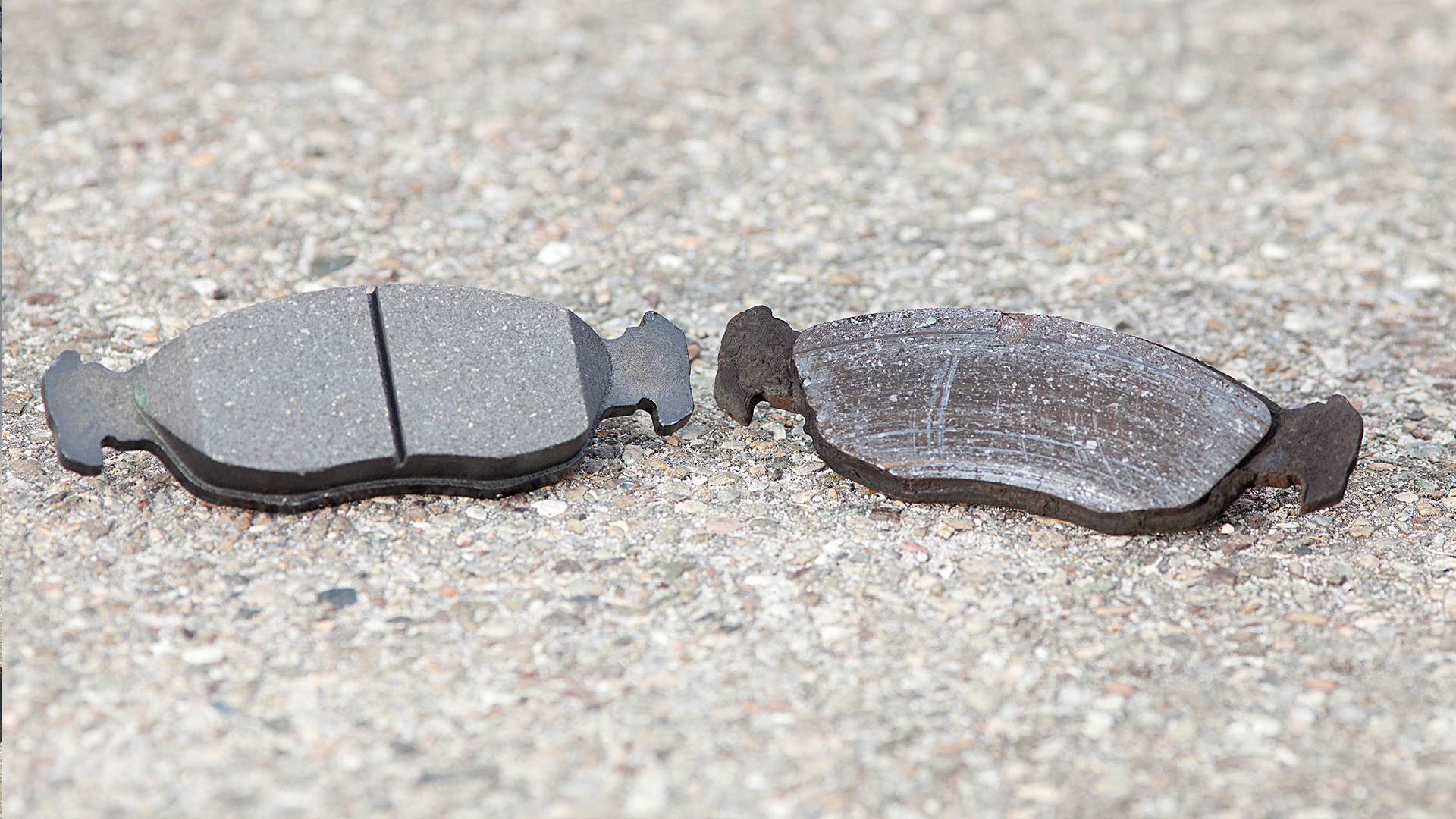Infiniti G37 Alternator Replacement Costs
Our mobile mechanics bring the shop to you 7 days a week.
Get a quote today for your Infiniti G37

Find Your Cost
Find Your Cost
Infiniti G37 Alternator Replacement Costs
AutoNation Mobile Service offers upfront and competitive pricing. The average cost for Infiniti G37 Alternator Replacement is $528. Drop it off at our shop and pick it up a few hours later, or save time and have our Delivery mechanics come to you.
Car
Location
Price

2012 Infiniti G37
3.7L V6 •
90,000 miles
,
TX 76108
$538 -
$658

2013 Infiniti G37
3.7L V6 •
105,000 miles
,
CA 92404
$513 -
$627

2012 Infiniti G37
3.7L V6 •
80,204 miles
,
AZ 85037
$519 -
$635

2010 Infiniti G37
3.7L V6 •
110,000 miles
,
AZ 85302
$391 -
$477

2009 Infiniti G37
3.7L V6 Base •
32,497 miles
,
NV 89139
$464 -
$567

2013 Infiniti G37
3.7L V6 •
125,000 miles
,
TX 75237
$397 -
$485

2008 Infiniti G37
3.7L V6 •
108,000 miles
,
CA 91356
$454 -
$554

2008 Infiniti G37
3.7L V6 •
144,500 miles
,
AZ 85363
$447 -
$547

2008 Infiniti G37
3.7L V6 •
134,128 miles
,
CA 92626
$504 -
$616

2011 Infiniti G37
3.7L V6 •
98,500 miles
,
CA 92703
$522 -
$638
Why AutoNation Mobile Service?
We perform over 600 repair and maintenance services including oil changes, brakes, diagnostics, belts and hoses, and more. The best part? We come to you with all the necessary tools and parts.






